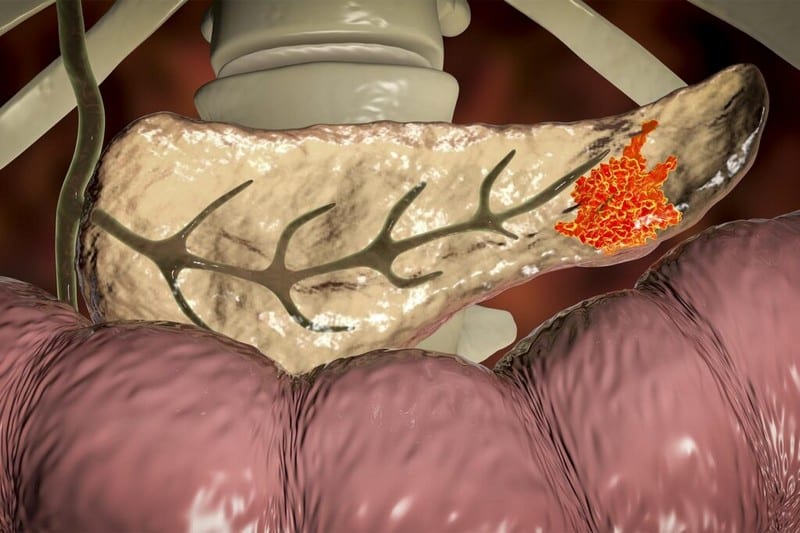Pancreatic Cancer

Pancreatic cancer typically occurs in the pancreas tissues, a vital endocrine organ behind our stomach. It plays a critical role in the digestive process by generating enzymes the body requires to digest carbohydrates, proteins, and fats. It also produces insulin and glucagon, the hormones responsible for maintaining control over glucose metabolism. Insulin aids cells in metabolizing glucose to create energy, while glucagon raises glucose levels when they’re too low. Unfortunately, the location makes the disease challenging to detect and often diagnosed after it has advanced.
The symptoms of pancreatic cancer only occur once the person reaches the advanced stages of the disease. Thus, there usually aren’t early indicators to rely on. As the condition continues to progress, it may cause weight and appetite loss, abdominal and lower back pain, blood clots, jaundice, depression, greasy or light-colored stools, brown or dark urine, itchy skin, nausea, and vomiting. The underlying causes for the disease aren’t known, although factors like tobacco use, alcohol consumption, genetics, infections, and environmental exposure all play a role in its occurrence.










